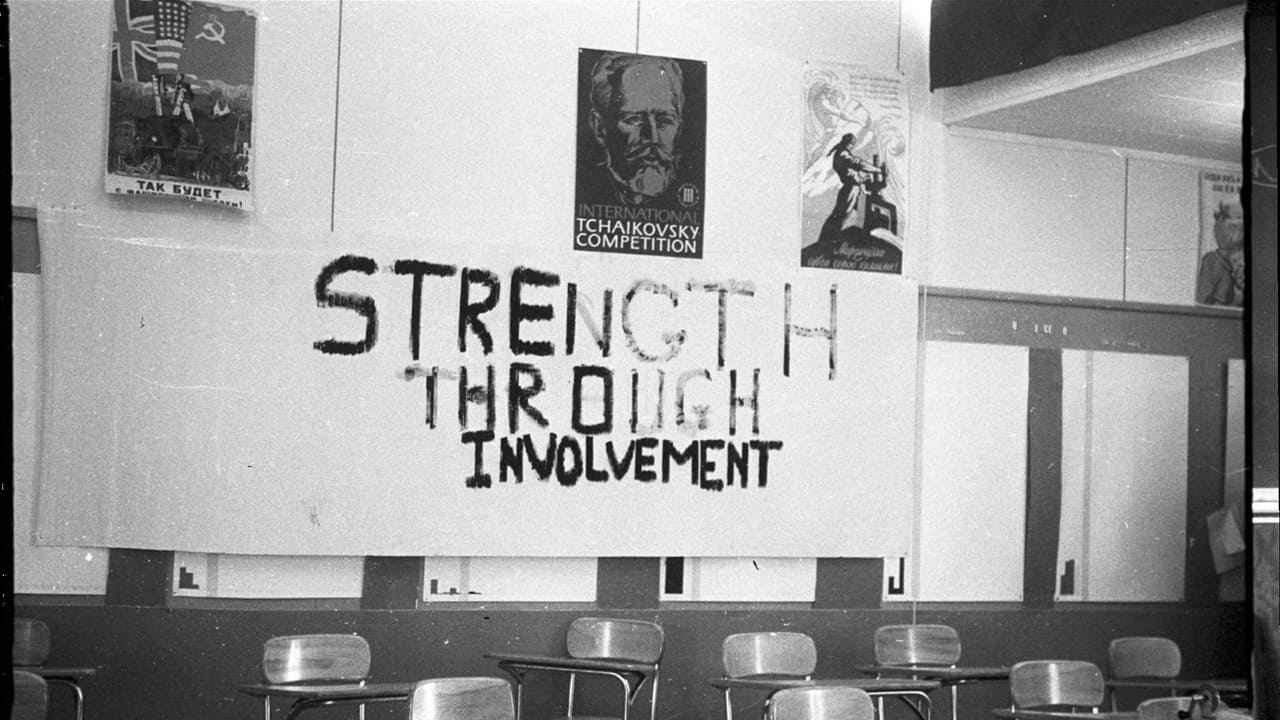

This film will appeal both to baby boomers and their children. It recounts after several decades the effect Mr. Jones had on very malleable children. In an echo of the seven up series we see the theme "show me the child and I will show you the man." The experience left a lasting impression on the students. It involved: carrying cards, informing on each other, and the leader having body guards. The viewer is exposed to about a dozen narratives stitched together, and kept apart. We have kids who told their parents and were banished to the library, kids saluting each other in the hallways, and some believed that they were taking part in a revolution, and that their party leader would have a speech televised nationwide at the end of a week. Given that this was an era when people actually protested on the streets about the war, and the president listened. A good documentary will always show a snapshot of time and place, and more importantly makes the audience think, which this does admirably.Phillip Neel was one of the original 30 students from "The Third Wave", graduated from UCLA in 1973 with a B.A. in Motion Picture/Television production. He started working at the CBS Network in various capacities. The seamless quilt of the narratives converging is part and parcel of Neel's three emmy nominations for editing. This is David Jeffery's first feature film, and impressive.The closing credit soundtrack includes "Ballad of a Thin Man" by Dylan. As a child of baby boomer parents who sang folk music in coffee shops in Boston, the lyrics made me stop, listen intently, recommend the film to my parents.
... View More